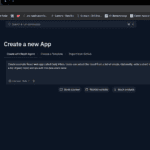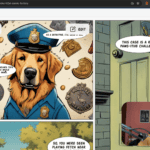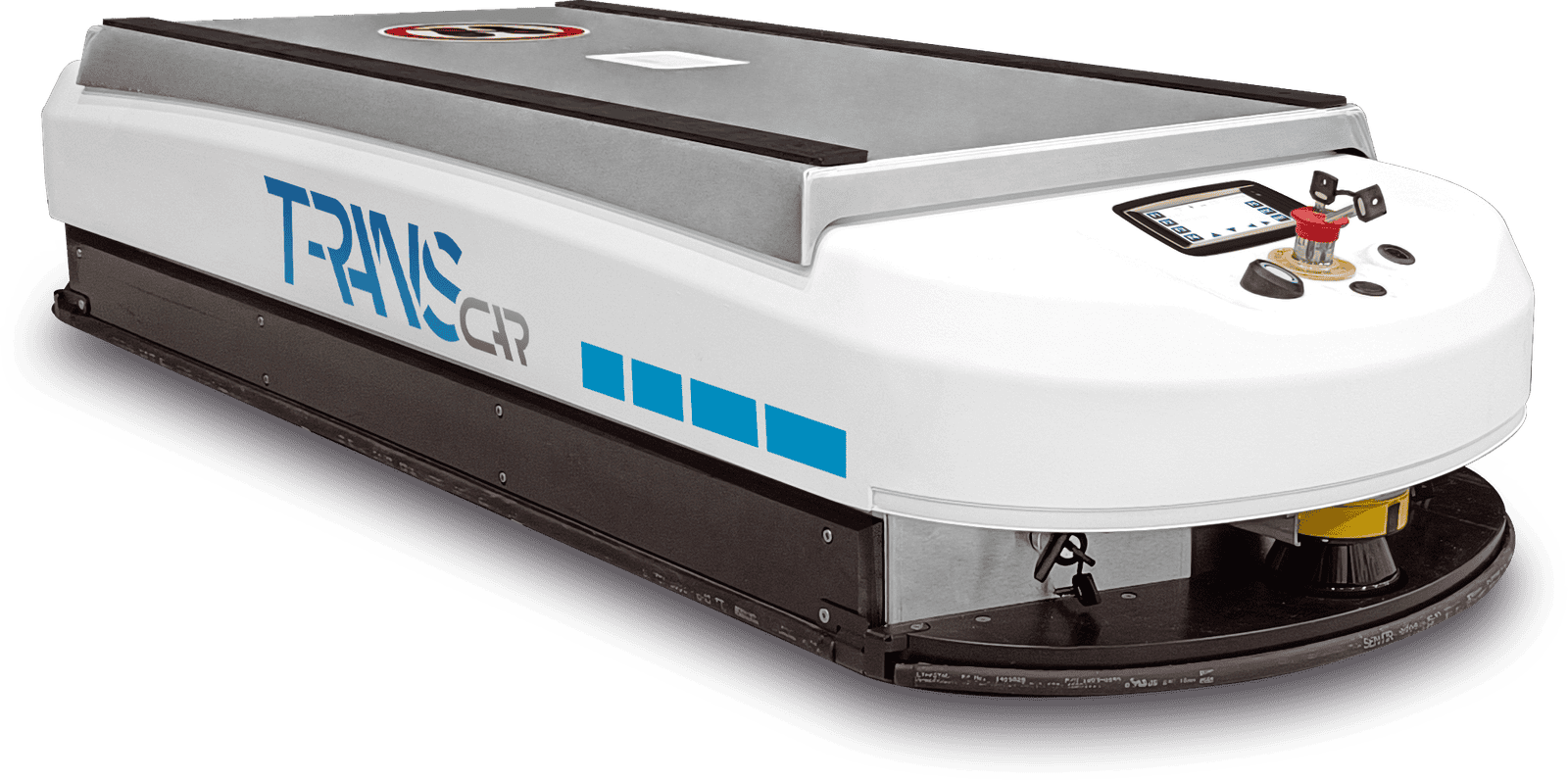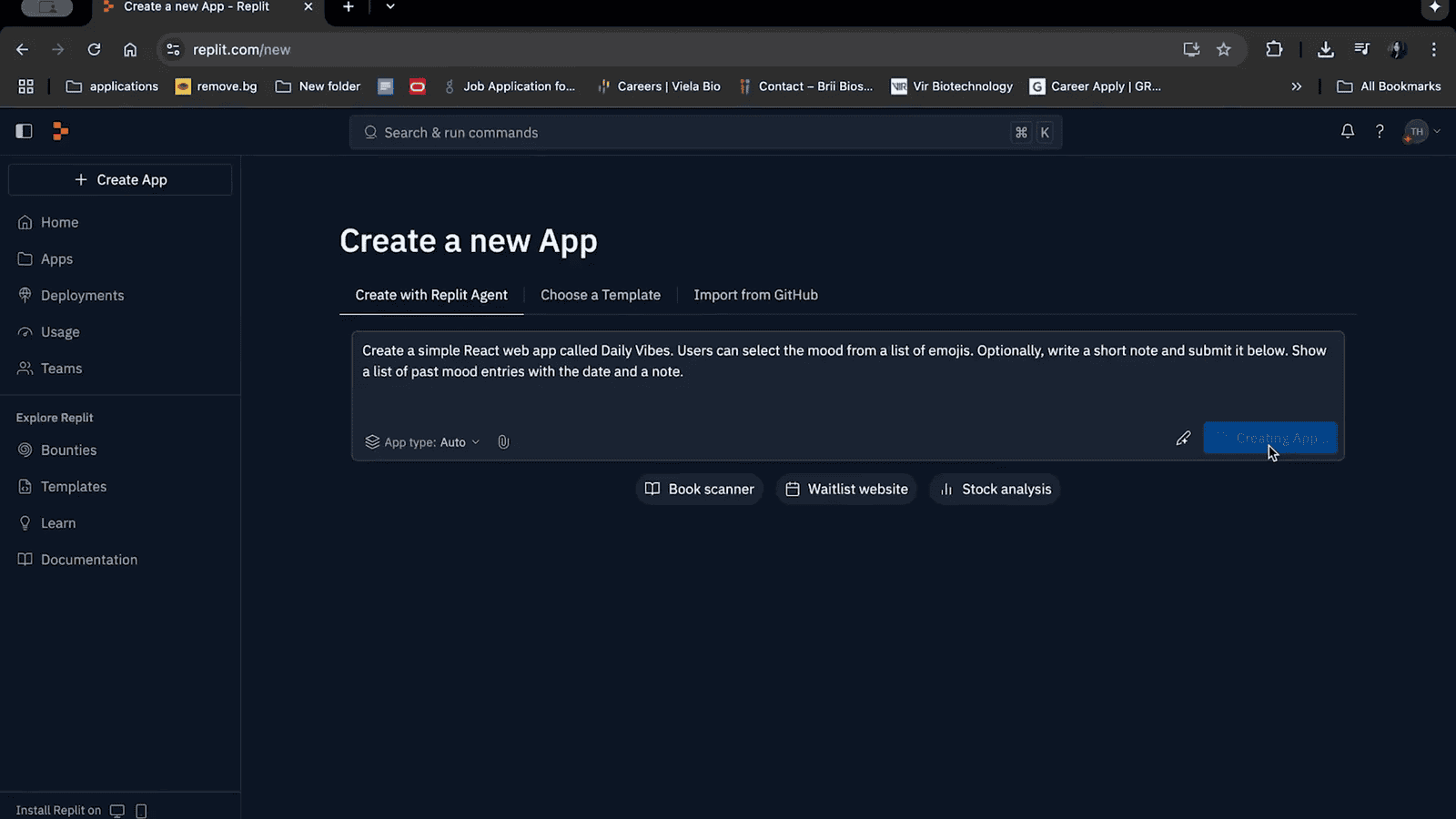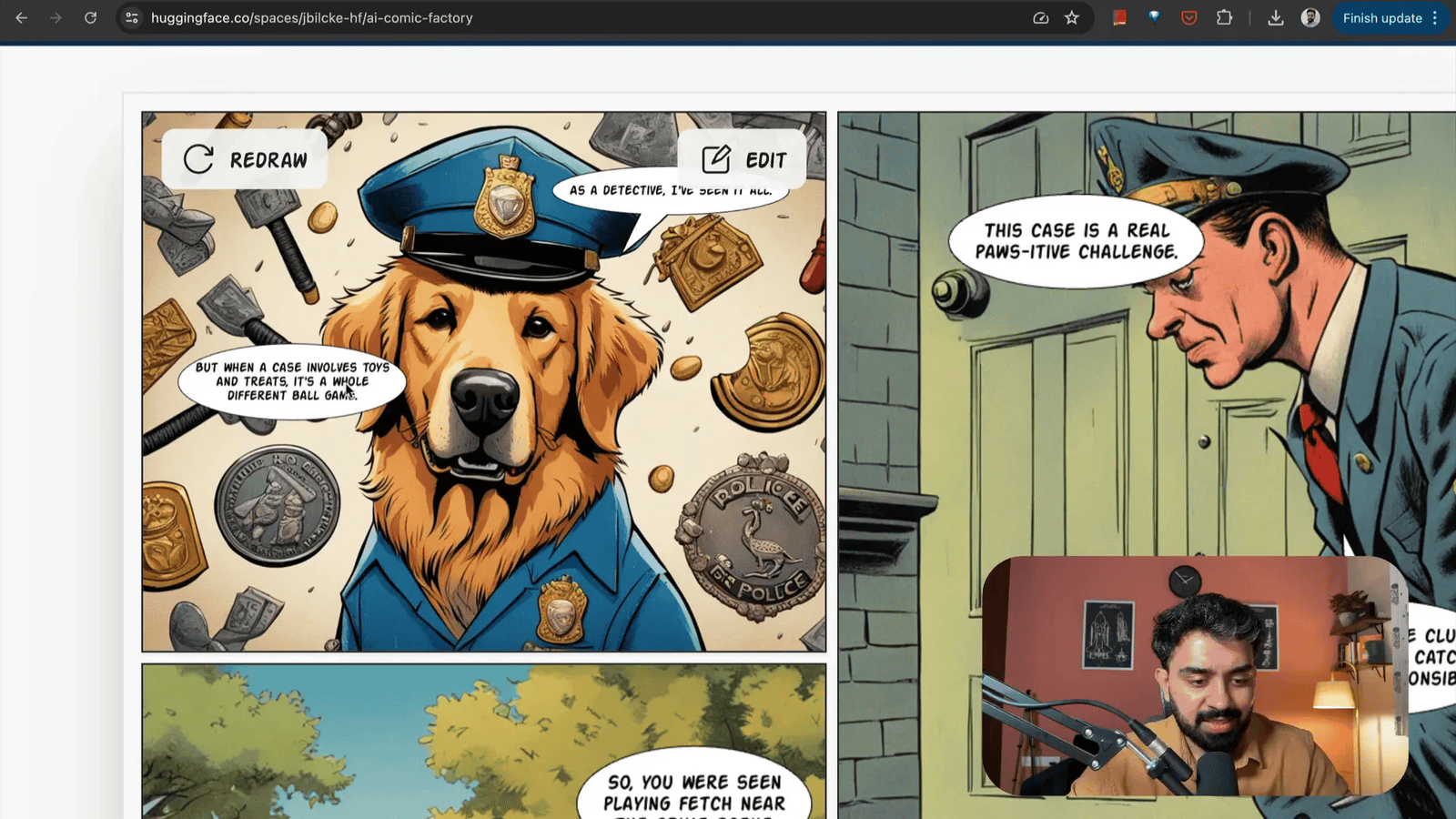Navigating the job market can be particularly challenging for those over 50, especially when facing age bias. In this blog, I’ll share insights and strategies to help you showcase your value and counteract the misconceptions that often come with age, turning the narrative in your favor.
Table of Contents
- The ‘Overqualified’ Label
- Flipping the Script on Age Bias
- Should You Hide Your Age on Your Resume?
- Highlighting Your Unique Value
- Actionable Strategy #3: Highlight Adaptability and Relevance
The ‘Overqualified’ Label
The term ‘overqualified’ is often a euphemism used by hiring managers to sidestep the discomfort of admitting their biases. When they see a candidate with extensive experience, they may hastily label them as overqualified, fearing they won’t fit into the company culture or might demand a higher salary. This label can feel like a career setback, but it’s essential to recognize that it’s an opportunity to pivot the conversation in your favor.
Instead of accepting the label, embrace your experience as a unique advantage. Highlight how your extensive background can lead to quicker onboarding and immediate contributions. For instance, share specific examples of how you’ve streamlined processes or mentored less experienced colleagues. By reframing the narrative, you can showcase how being ‘overqualified’ translates into valuable insights and leadership that will benefit the team.

Understanding Age Bias and Hiring Assumptions
Age bias is a pervasive issue in the hiring landscape, particularly for candidates over 50. Many hiring managers hold unfounded assumptions about older candidates, such as doubts about their adaptability or fears that they may not fit into a fast-paced environment. These biases often stem from a lack of understanding of the skills and contributions older professionals bring to the table.
It’s crucial to confront these assumptions head-on. When you sense hesitation from an interviewer, address it directly. For example, if they express concerns about your ability to keep up, counter with examples of how you’ve successfully adapted to new technologies or methodologies in your previous roles. By doing this, you can help shift their perspective and demonstrate your relevance in today’s job market.
Recognizing Coded Language in Hiring
Coded language in job descriptions and interviews can often signal underlying biases. Phrases like “fast-paced environment” or “we’re looking for a culture fit” can indicate a preference for younger candidates. Understanding these cues allows you to prepare appropriate responses that showcase your strengths and dispel any misconceptions.
For instance, if a job description emphasizes a “dynamic” work environment, prepare to discuss how your experience enables you to thrive in such settings. Share specific instances where your adaptability led to success, such as leading a team through a significant transition or implementing new processes that improved efficiency.
Flipping the Script on Age Bias
Flipping the script on age bias means taking control of the narrative surrounding your age and experience. Rather than downplaying your background, leverage it to demonstrate your value. Highlight your achievements and how they align with the company’s goals. This approach not only counters age bias but also positions you as a solution-oriented candidate.
When discussing your experience, focus on outcomes. For example, instead of simply listing roles, share how your contributions resulted in increased revenue or improved team performance. Use quantifiable metrics whenever possible to illustrate the immediate impact you can bring to a new role.
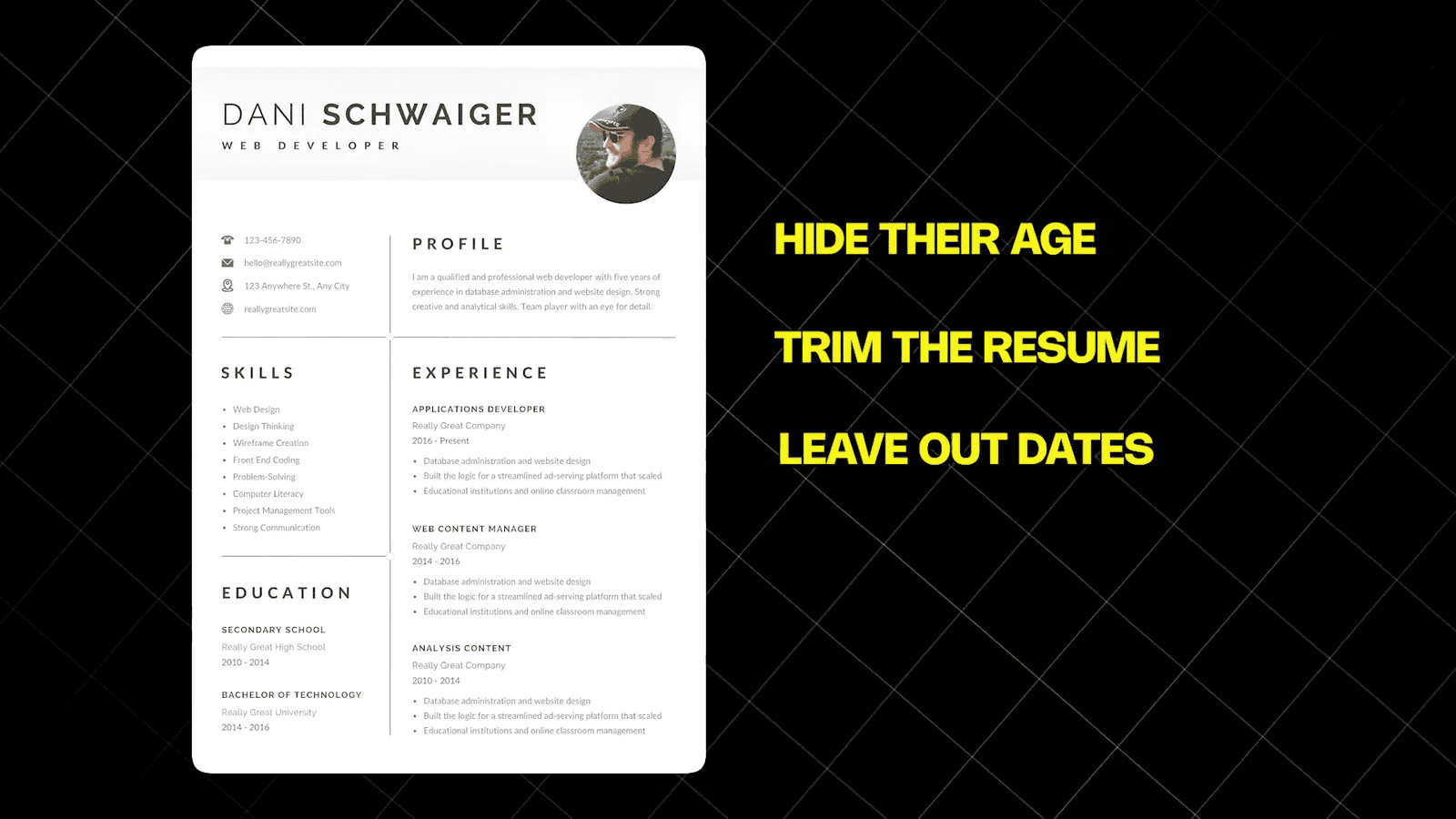
Behind-the-Scenes Hiring Discussions
Understanding the behind-the-scenes discussions that occur during hiring decisions can give you a strategic advantage. Hiring managers often discuss their concerns about candidates in ways that may not be directly communicated during interviews. They might express worries about energy levels or cultural fit, which can be subtle indicators of their biases.
It’s vital to prepare for these unspoken concerns. If you sense hesitation regarding your energy or fit, address it proactively. Discuss your enthusiasm for the role and how your experience brings a unique perspective that can enhance team dynamics. Emphasize your commitment to fostering a positive work environment and your willingness to mentor others, which can alleviate fears about integration into the team.
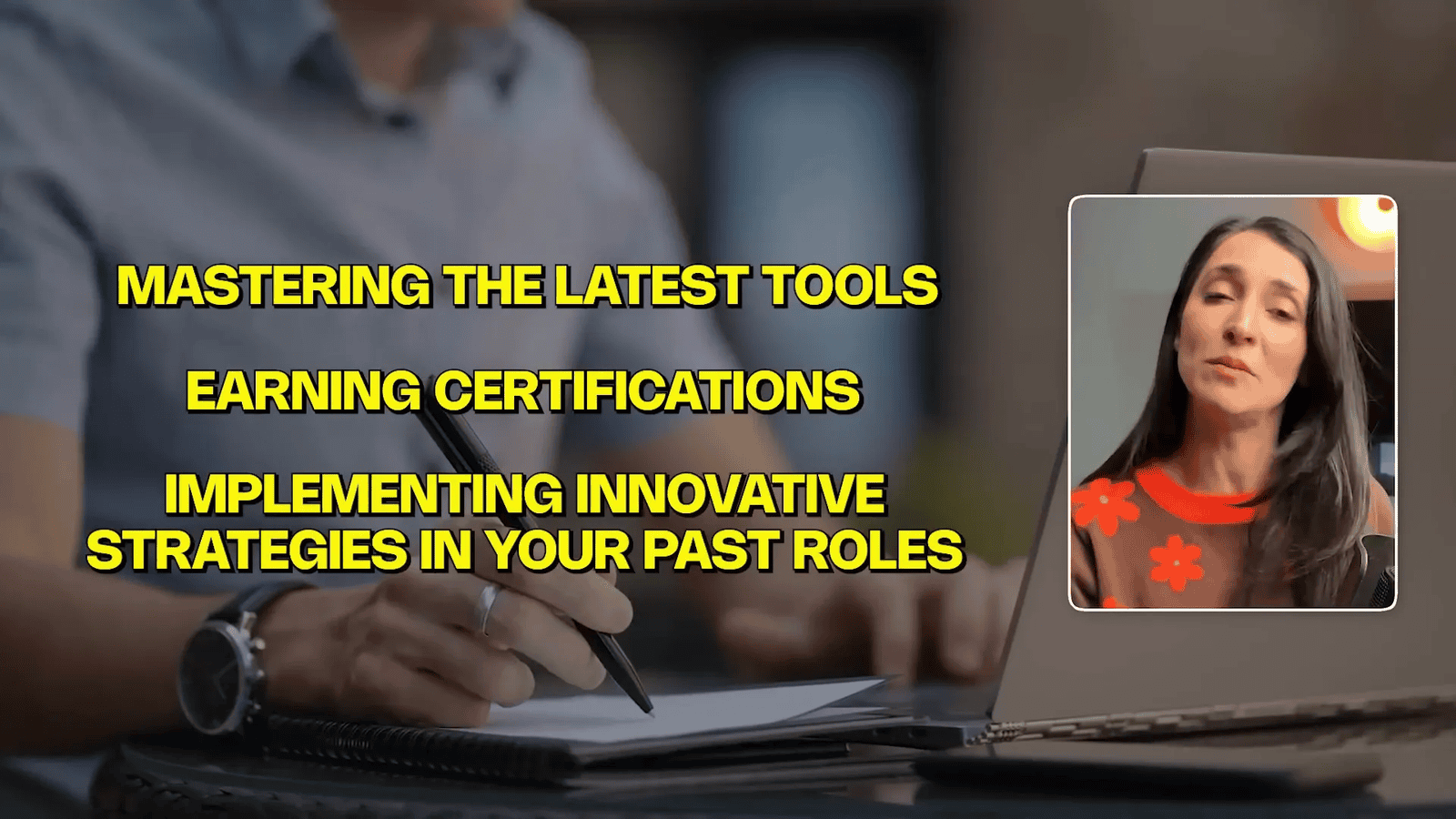
Taking Control of the Conversation
In interviews, taking control of the conversation is essential. Don’t wait for the interviewer to bring up concerns; instead, lead with your strengths. Prepare specific questions that invite discussion about any hesitations they may have. This proactive approach not only demonstrates confidence but also allows you to reframe their concerns into discussions about your capabilities.
For example, ask if there are areas where they feel your experience may not align with the role. This gives you the chance to address their concerns directly and provide examples of how your skills have been successfully applied in similar situations. By guiding the conversation, you position yourself as a thoughtful and solutions-oriented candidate.

Should You Hide Your Age on Your Resume?
When crafting your resume, the question often arises: should you hide your age? The quick answer is no. Removing dates or downplaying your experience may seem like a viable strategy, but it often reinforces the biases you want to overcome. Instead, focus on presenting your experience in a way that highlights its relevance to the job at hand.
Target your resume to showcase the most pertinent roles and accomplishments from the last 15 years. This not only highlights your relevant experience but also keeps the focus on your qualifications rather than your age. Remember, you want potential employers to see your skills, not your birth date.
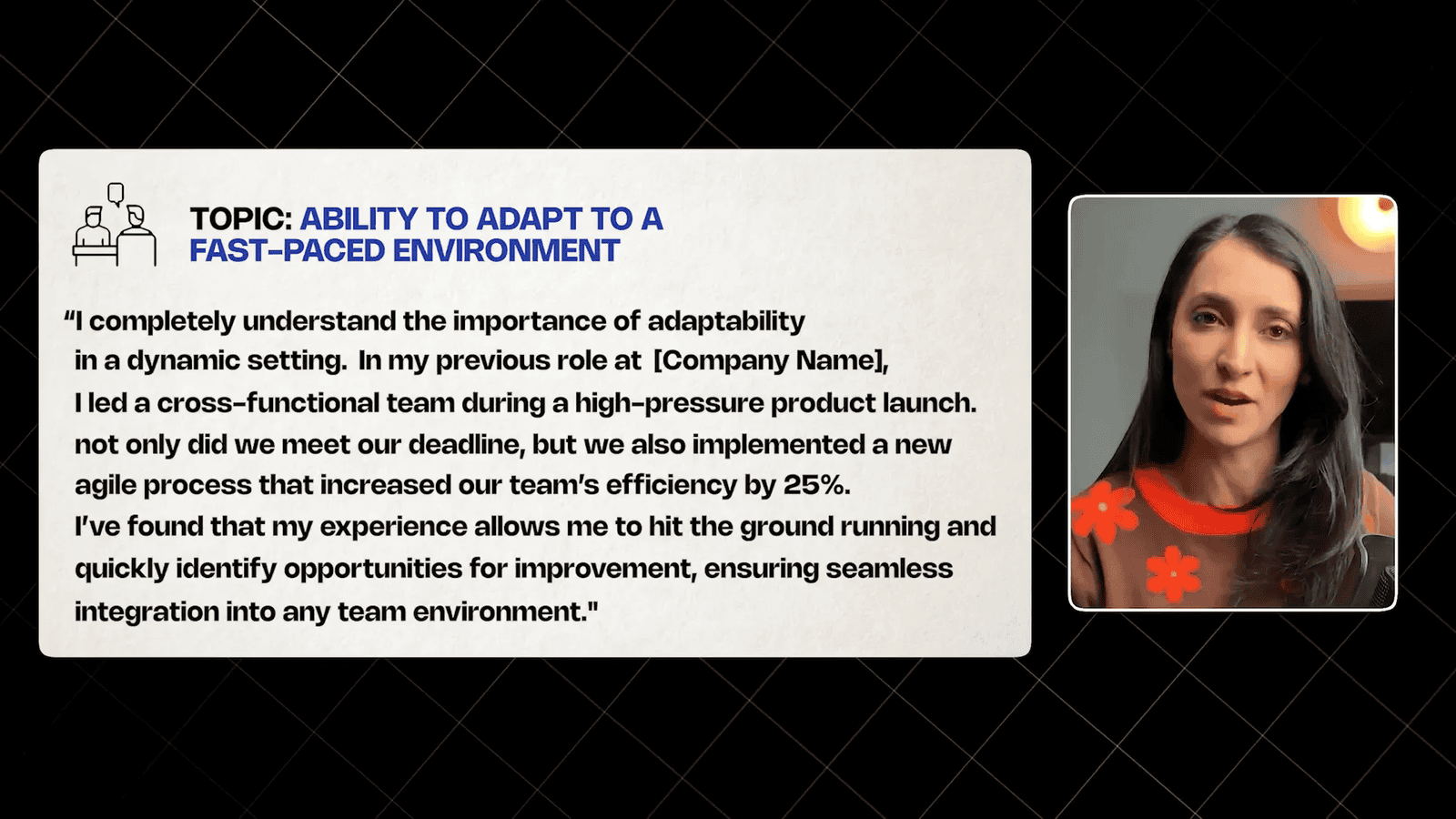
Reframing Assumptions in Interviews
Interviews can be a battleground for age bias, but they also present an opportunity to challenge assumptions directly. When faced with questions that hint at bias, such as concerns about your longevity in the workforce, respond with confidence. Share how your extensive experience allows you to contribute immediately, reducing the learning curve for the team.
For instance, if asked about your adaptability, consider responding with a specific example from your past. This not only addresses their concern but also illustrates your ability to thrive in dynamic environments. By reframing their assumptions, you help them see your age as an asset rather than a liability.
Actionable Strategy #1: Proactively Address Biases
Proactively addressing biases in interviews can set you apart as a candidate. Before the interview ends, ask open-ended questions that invite the interviewer to express any concerns they may have. This gives you the chance to reframe their thoughts constructively and demonstrate your readiness to tackle any issues head-on.
For example, you might say, “Is there any area where I could elaborate on how my experience aligns with this role?” This simple yet effective question allows you to address any potential biases directly, positioning yourself as a confident and solutions-oriented candidate.

Networking – The Smarter Job Search Approach
Networking is essential for job seekers, especially those over 50. Instead of relying solely on job boards, leverage platforms like LinkedIn to build genuine connections within your industry. Start small by engaging with posts, leaving thoughtful comments, and sending personalized connection requests.
Over time, these actions will build trust and open doors to opportunities that may not be advertised. Remember, networking isn’t just about visibility; it’s about creating opportunities through authentic interactions. The more you show up consistently, the more you will stand out from the crowd.
Actionable Strategy #2: Reframe Overqualified as a Strength
The term “overqualified” can feel like a punch to the gut, but it’s crucial to reframe it as a strength. When confronted with this label, highlight how your extensive experience translates into immediate value. Share specific examples of how you’ve quickly onboarded in previous roles or streamlined processes.
For instance, if a hiring manager expresses concern about your qualifications, respond with, “I understand how my experience might seem like overqualification, but it allows me to deliver results swiftly. In my last role, I identified inefficiencies that reduced onboarding time by 20% within the first month.” This not only addresses their concern but also emphasizes your ability to add value quickly.
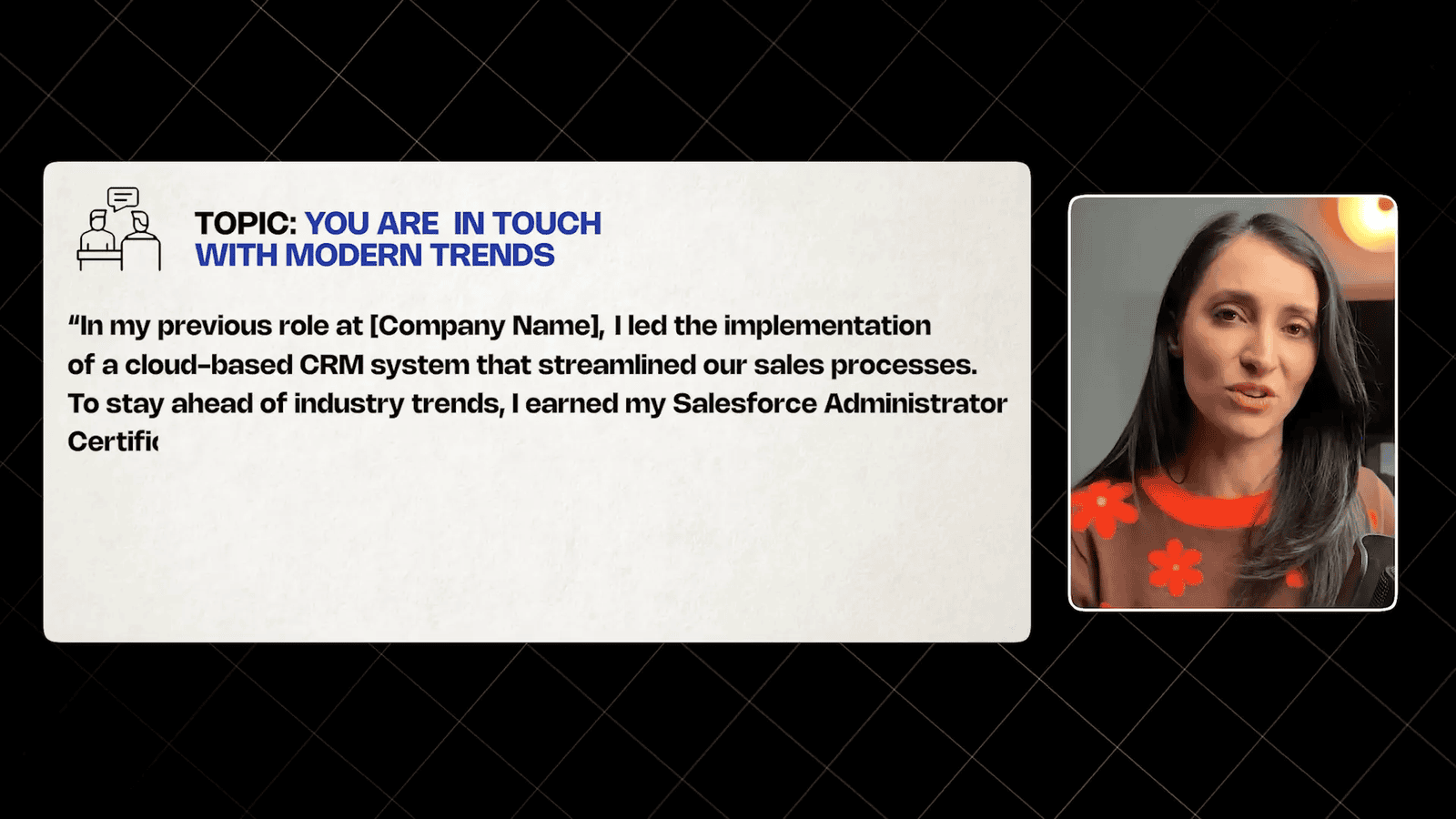
Highlighting Your Unique Value
As an experienced professional, your value lies in your ability to mentor and guide others. Emphasize your readiness to share your expertise with younger team members. This not only alleviates concerns about your age but also positions you as a leader who is invested in the team’s success.
For example, mention how you have successfully mentored junior colleagues, helping them grow into leadership roles. This approach demonstrates commitment to the team’s long-term objectives and reinforces your position as a valuable asset rather than just another candidate.
Maintaining Relevance in a Changing Workplace
Staying current with industry trends is vital for professionals over 50. Highlight your ongoing learning efforts, whether through certifications, workshops, or following key thought leaders. This proactive approach not only showcases your adaptability but also counters the misconception that older candidates are out of touch.
For instance, you might say, “I recently earned my Salesforce certification, which allowed me to enhance our team’s efficiency by 30%.” This demonstrates your commitment to continuous improvement and positions you as someone who is forward-thinking and ready to tackle new challenges.

Actionable Strategy #3: Highlight Adaptability and Relevance
When you’re over 50, demonstrating adaptability is crucial. Many hiring managers mistakenly believe that older candidates struggle to keep pace with evolving industry standards. It’s time to prove them wrong. Highlight your ability to learn and adapt by sharing specific examples from your career.
For instance, you might say, “In my previous role at [insert company name], I led the implementation of a cloud-based CRM system that streamlined our sales processes. This initiative not only kept us competitive but also improved our efficiency by 30%.” This statement not only showcases your technical skills but also your proactive approach to change.
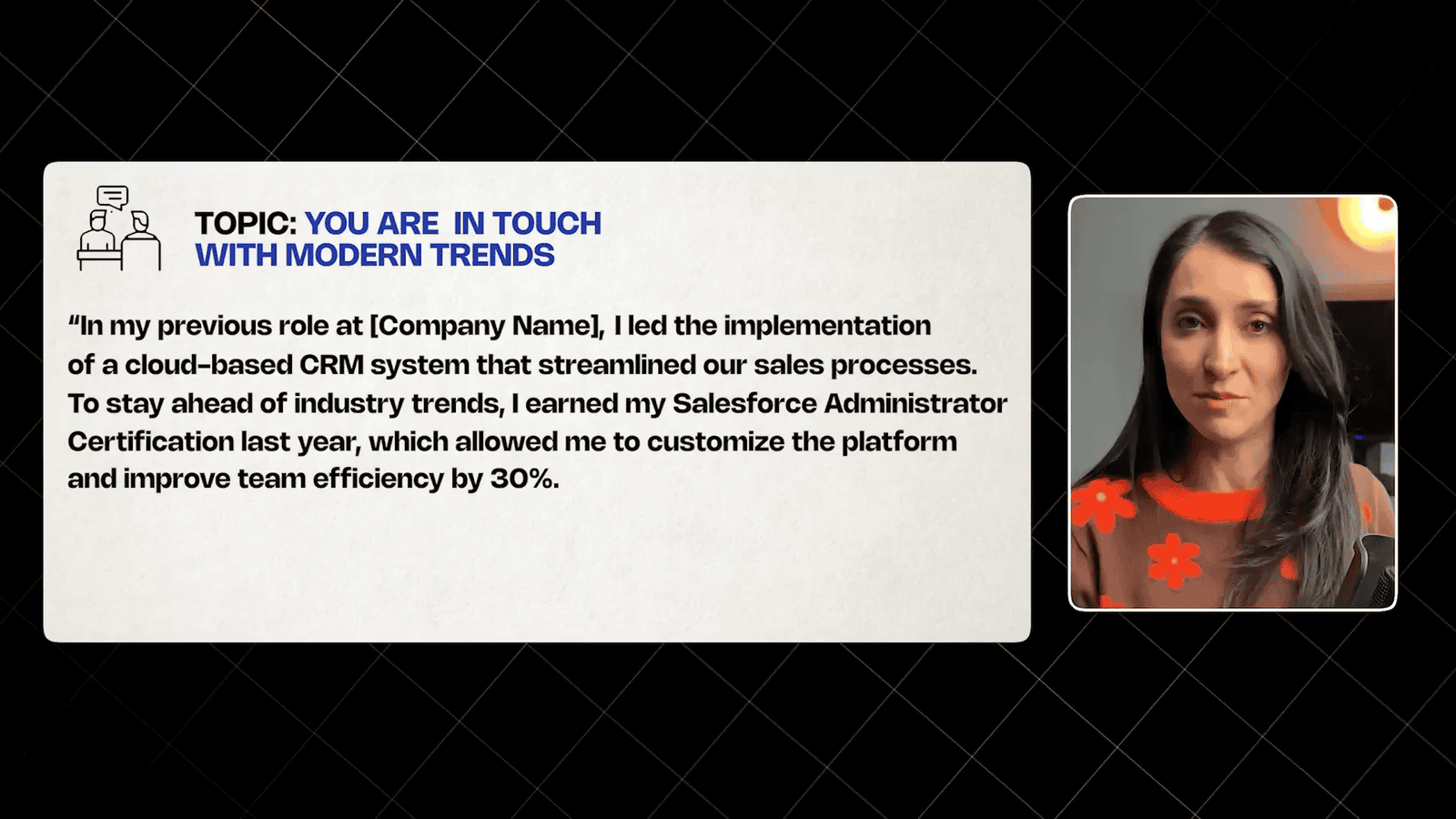
Moreover, mentioning recent certifications or training can reinforce your commitment to staying relevant. If you’ve recently completed a course or earned a new certification, make it a point to share that during interviews. This conveys that you are not just resting on your laurels but actively seeking to enhance your skill set.
Your Experience is an Asset
Your extensive experience is your greatest asset. While younger candidates may bring fresh perspectives, your years in the workforce have equipped you with invaluable insights and skills. Frame your experience as a treasure trove of knowledge that can significantly benefit the team.
For example, you could say, “I’ve developed a keen understanding of market trends over the years, which has allowed me to anticipate client needs and deliver solutions that exceed expectations.” This not only emphasizes your experience but also highlights your forward-thinking approach.
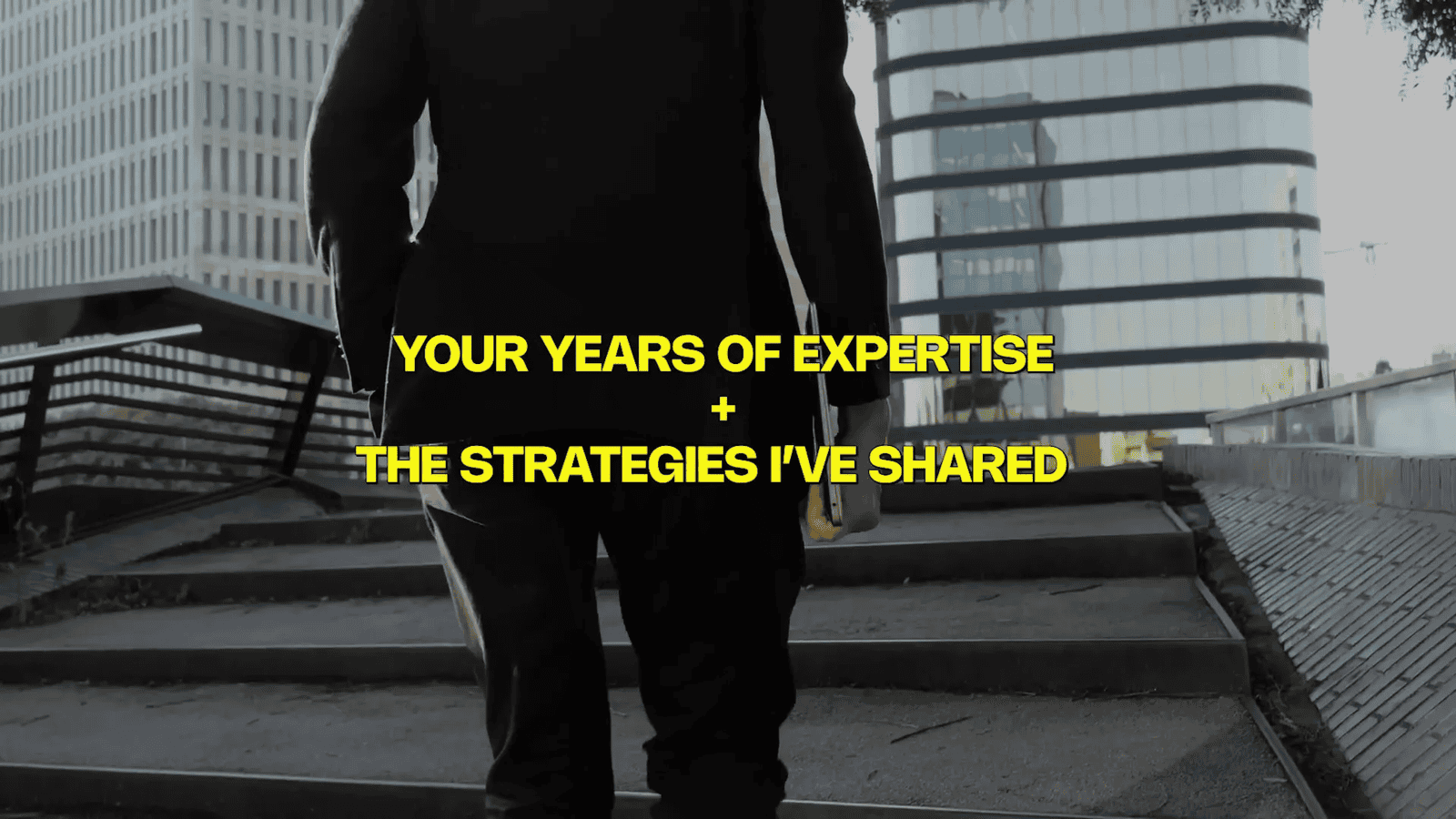
Additionally, consider discussing how you’ve mentored younger colleagues. This not only showcases your leadership skills but also demonstrates that you are invested in the growth and success of others. You might say, “I’ve had the privilege of mentoring several junior team members, helping them navigate their career paths and develop their skills.”
Frequently Asked Questions
1. How can I address concerns about being overqualified?
When faced with the overqualified label, reframe it as a strength. Emphasize how your experience can lead to quicker onboarding and immediate contributions. For instance, say, “I understand how my extensive background may raise concerns, but it allows me to hit the ground running and deliver results more efficiently.”
2. Should I include all my work experience on my resume?
No, focus on the most relevant roles from the past 15 years. Highlighting pertinent experiences will keep the attention on your qualifications rather than your age. Tailor your resume to reflect the skills and accomplishments that align closely with the job you are applying for.
3. What if I feel nervous during interviews?
Nervousness is common, but preparation can alleviate it. Practice your responses to common interview questions and develop a list of your key accomplishments. The more prepared you are, the more confident you will feel. Remember, you have valuable experience to share, so focus on that.
4. How can I network effectively as an older job seeker?
Leverage platforms like LinkedIn to connect with professionals in your industry. Engage with their content by leaving thoughtful comments and sharing your insights. Networking isn’t just about visibility; it’s about building authentic relationships that can lead to opportunities.

In conclusion, overcoming age bias requires a strategic approach. By highlighting your adaptability, showcasing your experience as an asset, and actively engaging in networking, you can present yourself as a strong candidate who is ready to contribute positively to any organization.
This blog post is inspired by the video Ex-Google Recruiter Explains: Why Nobody Hires Older Workers (And How to Fix It). All credit for the video content goes to the original creator. Be sure to check out their channel for more amazing content!




